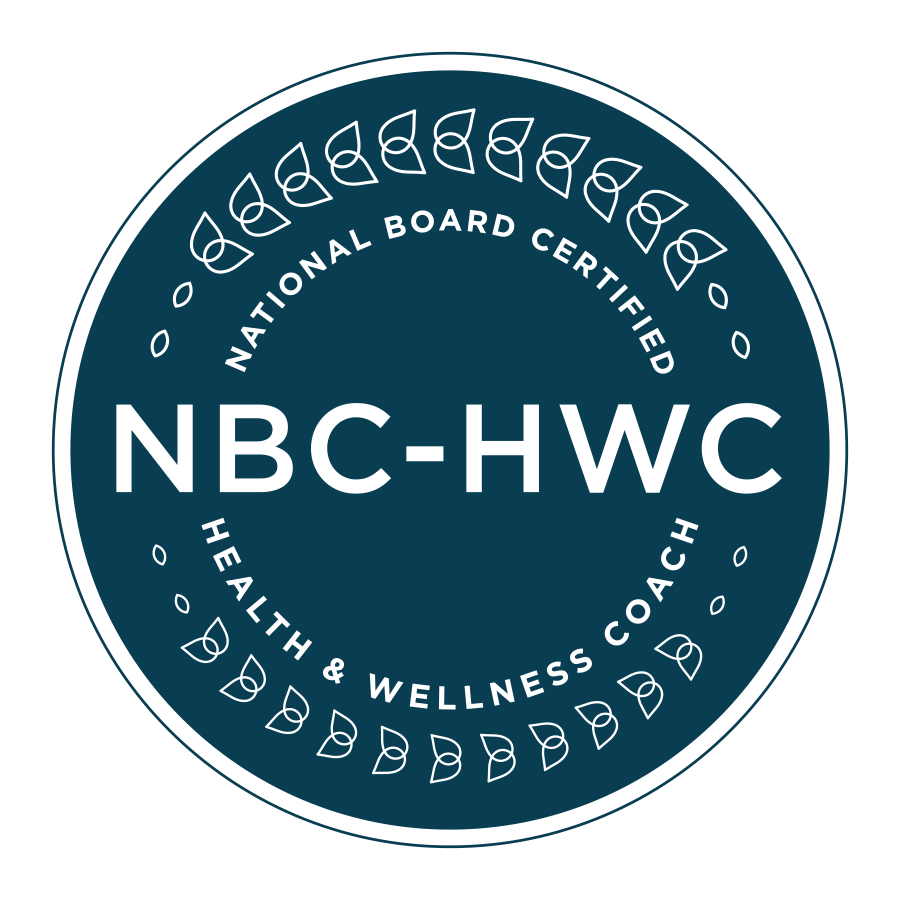Julia is a successful entrepreneur. She’s driven, focused and busy, and had some big problems to solve at work. Unlocking her creativity was going to be key to resolving these challenges, but although she knew she needed to reduce her stress first, she told me she didn’t have the time.
She’s also incredibly caring – attentive to her clients, her employees and her husband and child.
So, it was a revelation when she told me:
“I spend eighty per cent of my time with my work and clients. I spend 20 per cent of my time looking after my family. And I have zero per cent of my time for myself.”
There was anger and sadness, yet also a smile. A smile of relief in discovering a simple – and powerful – insight.
That self-care is not selfish.
Taking time to look after yourself reduces your stress, increases your happiness, and helps you unlock your creativity to solve the toughest challenges at work and at home.
It reminded me of myself. I was just like Julia until I started making a point of making time to look after myself.
But what if, like me, you’re telling myself, “I have zero time for self-care”?
Self-care is not selfish ! Here’s how to reduce your stress to unlock your creativity.
In a rush? Jump to my three-step strategy
Breaking the laws of maths: it doesn’t reduce stress!
For Julia, the maths of chronology just weren’t stacking up. None of us can optimise more than one hundred per cent of the time available to us. However, Julia was not alone in trying to do just that.
We often find ready solutions to some of the problems we face at work and at home, particularly for those that call for focus and concentration.
For other challenges, however, we need to be in a state of calm and relaxation as this allows our creative brains to get to work.
Activating our creative minds
Our default mode network – the part of the brain responsible for our Eureka! moments – switches on when we’re resting or in deep play. It’s not active when we’re engaged in mental tasks like problem-solving.
How many times have you tried to recall the title of a book you want to recommend to a friend?
How often have you felt frustrated for being slow to come up with a solution to a problem for a client?
You have the knowledge and training, so you should be able to come up with the answer immediately – yet it eludes you.
Then, when you do something else, like take a shower or go for a walk, the answer comes, seemingly from nowhere, into your head.
Eureka!
That’s the default mode network in action. We humans need to be in a relaxed state to have creative brainwaves.
To unlock our creativity, we need create space for it by reducing our stress. Which means we need to create the time to care for ourselves and relax.
Easier said than done, I know. Often when I speak to people who are busy with work, life and everything else, they tell me it feels “indulgent”, or “selfish” to spend time looking after themselves.
And so the formula stays at the impossible 100 + 20 + 0.
The good news is that even a tiny amount of time spent on self-care creates extra energy and creativity. You can alter your formula to 100 + 20 + 10 = 100 and do far more in the same amount of time. Running, hiking, meditating and breathing exercises work really well for me. They all help me create the space that allows me to unleash my creativity and be present for people around me.
We humans need to be in a relaxed state to have these creative brainwaves. Here’s how reducing stress can unlock your creativity!
Creating the conditions for creativity
You don’t have to be a ‘creative’ to make this work. Making space for yourself and fostering the conditions that let your creativity shine help all of us solve problems and challenges, both at work and at home.
So, whether you’re an in-house lawyer managing a varied multidisciplinary team or a busy entrepreneur, follow my three-step strategy for realising your creative potential.
Creating the conditions to reduce stress and unlock your creativity
You don’t have to be working in a creative industry to try this.
Creating space for yourself and fostering the conditions to allow your creativity to shine helps all of us solve of our problems and challenges we face, whether at work or at home.
Whether you’re a lawyer managing a team or a busy entrepreneur, here is my three-step strategy for creating the conditions so that you maximise your creative potential.
Step 1: Acknowledge
Like Julia, acknowledge that self-care is important if you’re going to create a space where your creative powers will thrive.
To help you think about this, jot down your answers to these questions:
- Why is it important to you to look after yourself?
- What changes will the people around you notice when you create space for yourself?
- What impact will your creativity have?
- How will your 100 + 80 + 0 formula change?
What is the key insight from your answers?
It could be that self-care is a gift to yourself and those around you? Perhaps it’s a way of bringing more joy and pleasure into your life? Maybe self-care will empower you to solve those big challenges at work?
Or perhaps, as for Julia, the insight is that creating space for self-care is not selfish because it allows you to be present for you and those around you.
That’s a win-win.
Step 2: Create!
If you’re wondering, “How do I create time to look after myself? I have zero time,” or thinking that self-care is impossible or selfish, I encourage you to dwell again for a moment on your key insight from step 1.
What is it telling you? And is now the right time to make a change? If so, read on…
Make time for yourself
Think of a timeframe that’s almost impossibly small, and work upwards. If your starting point is five minutes per day, pare it back to one minute per day, then slowly increase it.
If even small chunks of time are hard to come by, try slotting self-care into your existing habits or routines. For example, you may find:
- Two minutes in between showering and putting on your clothes
- Five minutes immediately after you finish your last call at work
- Ten minutes after you brush your teeth at night before you go to bed
Schedule
When you have important meetings, you probably diarise them or ask a colleague to remind you to ensure you’re on time and fully prepared.
Do the same for self-care. After all, in this moment, you are your most important client.
Experiment
Once you’ve set aside time, do what relaxes you most. It could be:
- Five minutes of mindfulness practice
- Breathing exercises, like the 4-7-8 breath.
- Going outside for a 5-minute walk in the park
If you’re stuck for ideas, recall what brought you the most joy when you were a child and carefree.
Step 3: Reflect
This strategy looks simple, but it’s not always easy.
As a coach, I know that creating new habits is hard. However, a great way to keep your daily self-care regime on track is to reflect. Ask yourself:
- What’s working and what isn’t?
- What have I learned about myself?
- What can I do differently next time?
And remember, “failure is information”. If you set yourself a goal and don’t meet it, you’ve learned something valuable.
Reflect on why it’s important to look after yourself (see Step 1), and try again.
Just like Julia did.
Happy experimenting!
Be wise, be healthy and be well!
Eric
ps If these three strategies resonate with you, you might like to take a look at how you can thrive and be successful, but without the burnout or how to reduce your anxiety if you’re in lockdown at home with my five top tips!.




